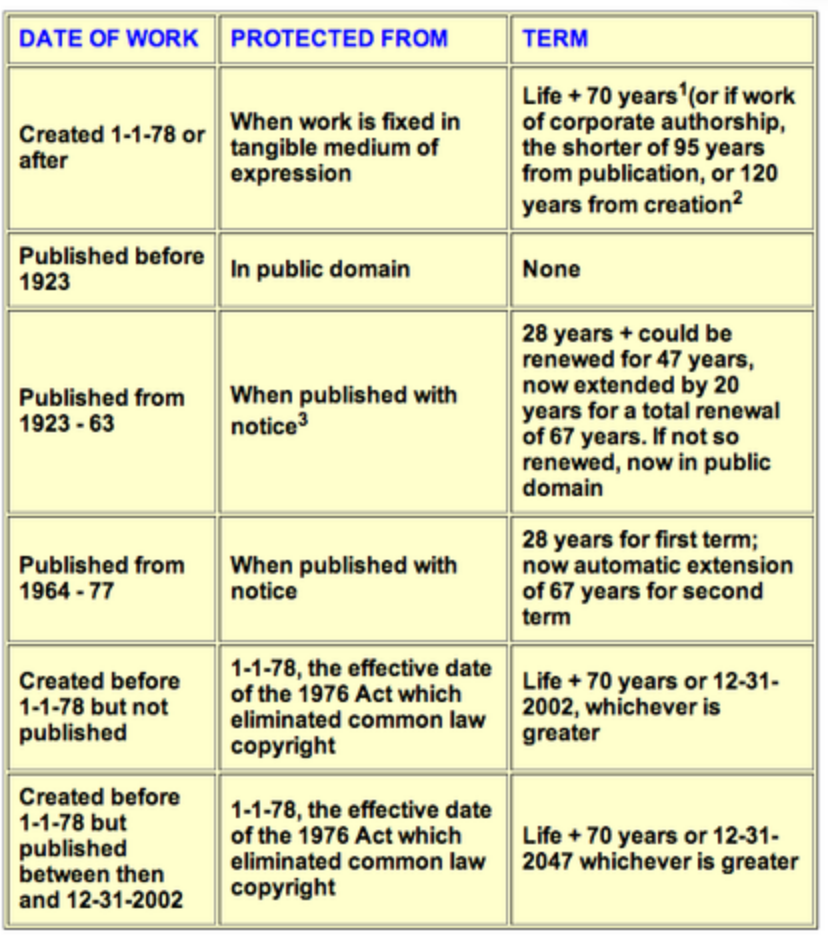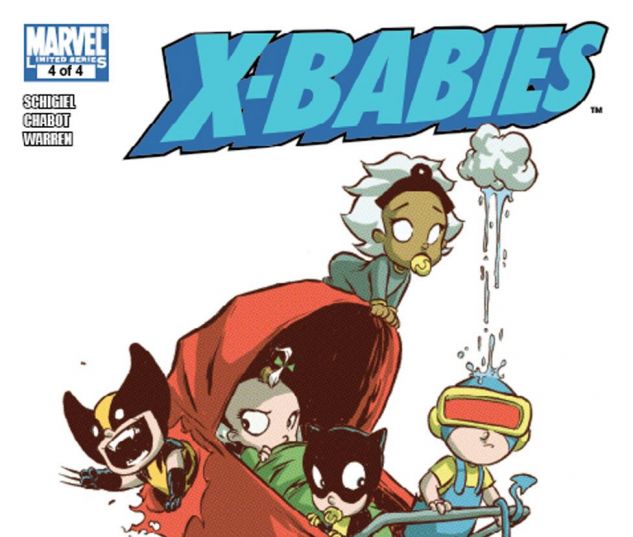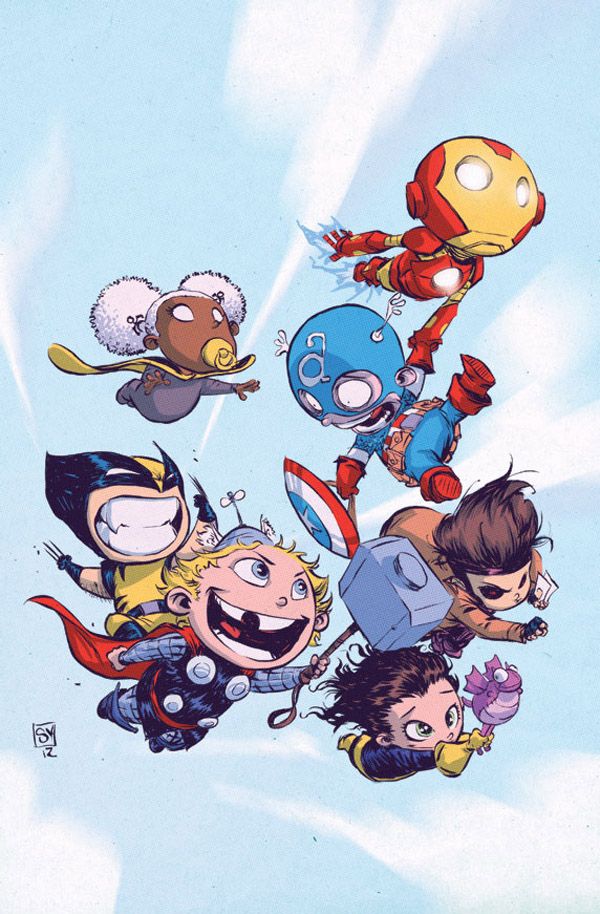Little Heroes Book under IP dispute
-
@davidhohn said in Little Heroes Book under IP dispute:
Disney is stopping NO ONE from benefiting from the vast number of works in the public domain.
Correct, and I didn't claim they were. Hope that was clear. They have assisted in preventing newer works (including their own) from entering the public domain. Literally nothing entered the public domain from 1998 until about 2 months ago. For a company that got popular by using public domain works to prevent their own things from entering the public domain seems a bit dirty. That's all.
I fully agree that creators should be provided with protection when they choose to be (I sometimes release under Creative Commons or MIT for code). I also agree that copyright protection is a good thing - when it's not abused.
-
@davidhohn know any thing about quotes and copyright? For lettering and calligraphy purposes? Since we are already on that topic. I’ve always wanted to do a happy little book with sayings, but I get overwhelmed with figuring out the wording and what I’m allowed to use.
About Will’s book... will the paradoy thing be part of the debate? And if it’s changed 10%. I vaguely remember that rule. Or something about it.
-
@Whitney-Simms That 10% rule idea has gotten so many people in trouble! It's not true at all. I'm not sure where that came from.
Regarding quotes, I take this from Emily McDowell's website: https://emilymcdowell.com/blogs/all/105986566-using-famous-quotes-on-products-when-is-it-ok
According to US copyright law, the legal rights to a quote belong by default to its author (or speaker). Quotes are considered intellectual property, which is protected under the law. This means that if you're not a quote's original author and you want to SELL something with the quote on it, one of two things must be true:
-
You have the author's written permission to use their words on your work. If you can't get the author's permission for any reason: they won't give it to you, the quote's owner is a movie studio (yes, this rule also applies to movie and TV show quotes, and song lyrics), they don't answer your email, they're dead, they're super famous, they're in hiding, etc., then Condition 2 must be met in order to legally use the quote.
-
The quote is no longer "owned" by the author and it has passed into what's known as the public domain, meaning it can be freely used by anyone for any purpose. When a quote passes into the public domain, it's almost always because it's old enough that its copyright has expired. (It doesn't have anything to do with whether the author is dead or alive.) This is where it gets tricky. The following chart is from the University of North Carolina's website and illustrates how complicated it can be to determine whether something is in the public domain or not:

-
-
@Lee-White oh no! I can’t remember where I heard about the 10% rule. Good to know it’s not real.
I need a diagram or a picture in order to read that chart. Holy cow! But it does help! Thanks for the info! I need to bookmark all that chart!
-
@SketchyArtish Wrote:
"Correct, and I didn't claim they were. Hope that was clear. "No, that was not clear.
I now see that what you meant were the works that WOULD have fallen into the public domain IF the 1998 extension that brought the US in line with the rest of the world HADN'T passed."They have assisted in preventing newer works (including their own) from entering the public domain."
Yes, some works were TEMPORARILY prevented from entering the public domain. But it was a byproduct of granting ALL ARTISTS copyright protection of life +70. It would have been a non-issue if the United States had the consideration to grant its authors the same protections the rest of the world already enjoyed when the United States signed on to the Berne Convention in 1989.
"Literally nothing entered the public domain from 1998 until about 2 months ago."
That is true. But again, only because artists and authors in the United States FINALLY got copyright protection consistent with the rest of the world.
"For a company that got popular by using public domain works to prevent their own things from entering the public domain seems a bit dirty. That's all."
Make no mistake copyright does NOT last forever. As you noted, one simply has to look at all the works that have entered the public domain this year. Disney's works WILL enter the public domain. They will do so on the same schedule as the rest of the countries who participate in the Berne Convention.
Maybe it is not as fast as some people would like. But it is just as fair.
-
@Jason-Bowen You could defo say the same about Disney too, making money off other people's ideas. Star Wars that Disney owns now, came from Akira Kurosawa's The Hidden Fortress. - George Lucas copied the story from Kurosawa and put his own spin on it - C3PO and R2D2 wouldn't have existed in the same way, if Kurosawa hadn't created 2 brilliant comedy characters from The Hidden Fortress. @Will-Terry had the idea to turn characters from popular culture into babies and their lifestyles. Everyone feeds off each other for that Eureka moment. It's part of what makes things popular.
-
Really sorry to hear about this. Will is doing something very creative which in my opinion falls under parody, and it's sad to see Disney try to shut it down. I hope it gets resolved and that the entire project won't go down the drain...
-
I've seen a number of people mention they feel this work qualifies as "parody" under the Fair Use Defense. While I don't disagree I also don't see it as quite the obvious case the others seem to.
I'd love for someone to articulate clearly why they feel this is true. It would be an excellent learning experience for all involved, and no doubt it would be helpful to Will as this issue moves forward.
-
@Lee-White wow i had no idea about quotes
-
@davidhohn turning adults into a baby and putting them into baby situations is a comical act that pokes fun at the original character. Recently as an example, I was covering a political protest event in London for the newspapers. They turned Donald Trump into a giant baby balloon. It was allowed to go ahead because it was classed as parody by the Mayor of London.
-
@sigross perhaps this is because Trump’s face does not have a copyright? Correct me if I’m wrong.
-
@sigross yeah but would that argument stand up against them when they come after you? I thought what Will was doing was awesome. But it does show how dangerous it can be to do fanart for profit.
-
@sigross I totally understand your feelings here, but I'd like to clarify a few things that may help people understand some nuance with this topic. When you say Disney put a new spin on The Hidden Forest, that is totally legal. You are also free to write a new spin on story concepts found in The Hidden Forest as I am. The big thing to remember here is that IDEAS are not protected under copyright. But actual subject matter IS protected. It's a weird concept and I'll give an example of how it might work:
I CAN write a book about a boy who discovers he is a wizard and gets sent to wizarding school. I CANNOT write a book about a boy wizard named Harry Potter who goes to Hogwarts. And even with this example, I'd need to take the story in it's own direction in terms of details, even if the over arching story is similar. If you just mirrored a story and used different names you would get busted because it's too derivative.
Using existing stories for narrative arc has happened time and time again in books, movies, and TV. If you look at Ferngully and Avatar, they are VERY similar in what happens. But Avatar is totally legal because there is no copyright violation there. I can also write a story based on the story arc of Ferngully, but I can't use those characters, words, details, etc.
Disney, as well as a TON of other companies and even individuals have mined existing stories throughout history and put their new take on it with totally new characters, places, and details. But you are not free to use the characters someone else came up with.
Hope that helps clarify that issue.
Regarding the trump balloon, Trump is not a character under copyright protection. He is a public figure and thus, is free game to do really whatever you want with his likeness. It doesn't even have to be under parody for that to be totally legal.
-
One other thing that should at least be brought up here is that many times characters are so iconic of a company that they may be registered as Trademarks. Trademarks are defined as:
U.S. Patent and Trademark Office (USPTO) indicates that a trademark protects “words, names, symbols, sounds, or colors that distinguish goods and services from those manufactured or sold by others and to indicate the source of the goods.”
A good example of this would be Mickey Mouse. He goes far beyond being just a character that disney has. He is part of their brand. Trademarks are more restrictive than copyright because they deal with the whole identity of a company. It's brand is affected by what people do with it's trademark.
Now, are the characters from Marvel Trademarked? I have no idea about that. But it wouldn't surprise me if they were. At least maybe some icons from the characters such as batmans logo, etc. might be trademarked.
There is a lot of grey area here and it's a fantastic discussion to have!
-
@Lee-White ok question on the likeness of a person thing. When the game Minority Report was coming out, the game company wanted to use Tom Cruise’s likeness on the character. Tom Cruise said no so they decided not to, but would they have gotten any kind of legal trouble had they still used his likeness?
-
@Aleksey That's a great question and I think is probably a very nuanced answer. I could see Tom Cruise's lawyers arguing that HE is a brand, and thus, they have infringed on that brand. The fact that they would be making money on his likeness would probably be critical to the case. If someone is making money off of something someone else made, then it gets a lot more serious.
For example, I can make a balloon for political reasons using trumps likeness. But if I start selling balloon's with Trumps likeness, that may be a whole different level and maybe I'd get into trouble. Again, I'm not totally sure of the nuance there.
-
@Lee-White I can see you have a good insight into this! So I was wondering George Lucas used the 2 main characters from the Kurosawa film. C3PO and R2D2. He put them in robot suits but the characters were essentially the same. Was he just lucky to get away with that or did he change them enough for them to be seen as new characters?
-
@Jason-Bowen It's a tough one. As it depends how deep Will's pockets are. Going to court for copyright cases is expensive. I've been through several copyright court cases and I always hand over my copyright to my agents lawyers so they do a block legal attack. Then they hand me the copyright back after the case. I wouldn't be able to afford it otherwise.
-
@Aleksey This depends if the celebrity has branded themselves and trade marked their image. I was selling prints of press photos I took of Taylor Swift and her lawyers came after me with a cease and desist order even though I had taken the photos and owned the copyright. I just took them down as I didn't want to go to court. Wasn't worth the effort or legal fees involved. Taylor Swift is trade marked owns her likeness and has a team that scrapes the internet for signs of her name.
-
I think Will may be in a pickle here. I see everyone saying it's clearly a parody....Um...nope...I don't think so Marvel has their own baby characters already and they make money off of them. I think Will was fine before the book became too successful....Now Disney has taken notice.

